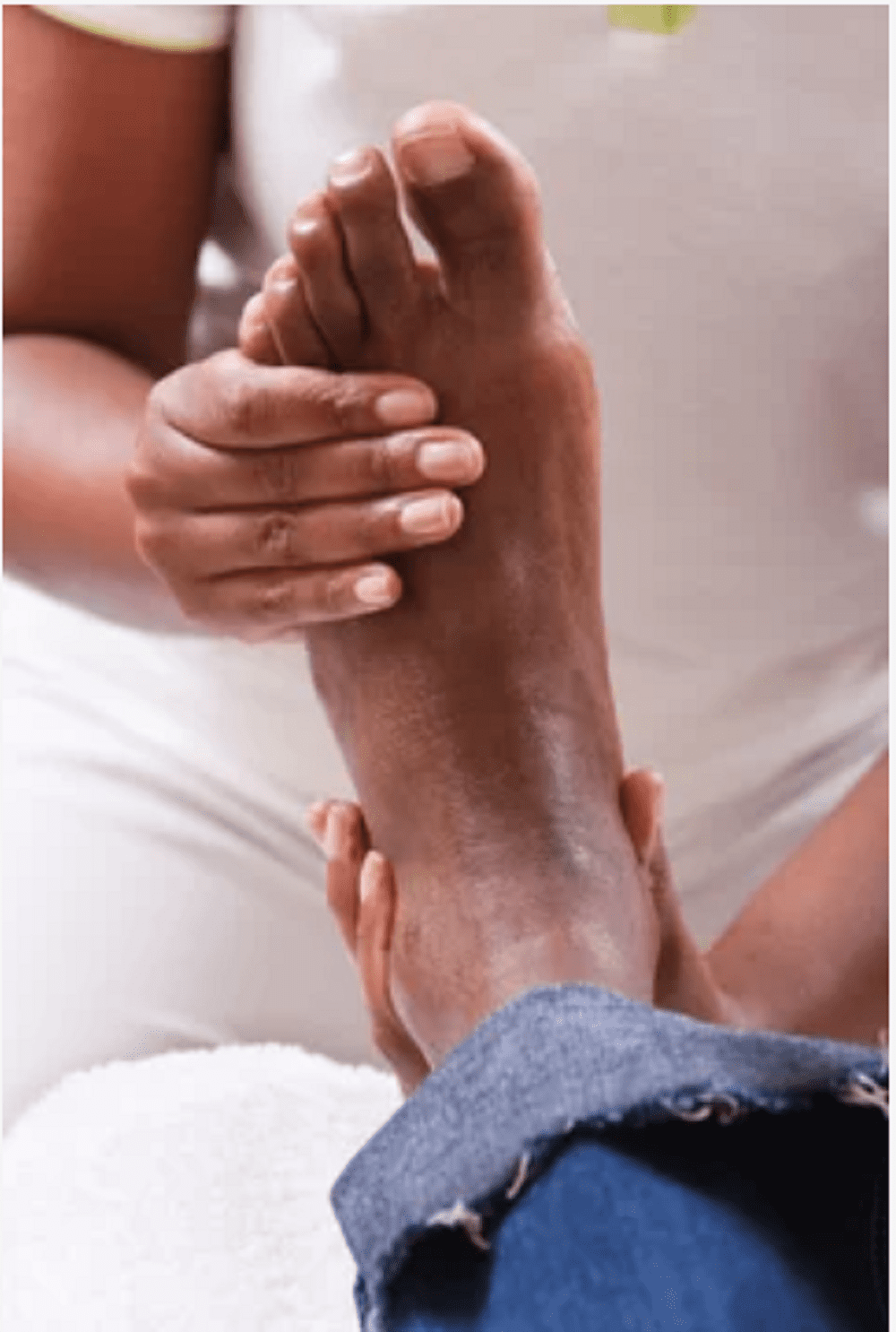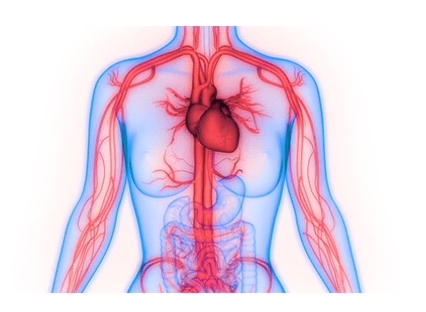
What is a Stress Test and why it is important to your health?

It's critical for your cardiologist to examine how blood flows through your heart when you're exercising for diagnosing heart disease.
Stress testing can help with this. This type of diagnostic test might identify issues that develop when your heart beats faster and harder than it typically does.
A stress test, also known as an exercise stress test, comprises walking on a treadmill or riding a stationary bike while your heart rate, blood pressure, and respiration are monitored.
But what exactly is a stress test, and what should you anticipate throughout it?
Stress tests are often used to identify coronary artery disease or an abnormal heart rhythm (arrhythmia), as well as to assist your doctor in developing a treatment plan for a heart ailment you've been diagnosed with.
Stress testing are often performed as follows:
The procedure is carried out at PACE or a hospital.
Completed in an hour
Non-invasive
If you are unable to exercise, an intravenous drug that mimics exercise may be administered to you.
Because the test is performed in a controlled setting, it is typically safe. However, problems such as chest discomfort, collapse, fainting, heart attack, or abnormal heartbeat are extremely unlikely. Your doctor will do a pre-screening for these issues.
Your doctor may advise you to cease using over-the-counter and prescription drugs before the test since they may affect the findings. Do not stop taking your meds until your doctor says so.
Before the test, you may need to fast from eating, consuming caffeinated beverages, and smoking for a period of time.
Wear comfortable attire and shoes on the day of your stress test. If you use an inhaler, bring it with you to the exam.
Before you begin the test, your doctor will ask you a series of medical and exercise-related questions in order to establish the quantity and type of exercise that is appropriate for you. They'll also do a physical examination, monitor your vital signs, and listen to your heart and lungs. If you have any underlying medical issues or are experiencing any symptoms, such as chest discomfort or difficulty breathing, be sure to notify your doctor. Let them know if you have any physical restrictions due to arthritis or joint discomfort. Electrodes (adhesive patches) will be applied to your chest whenever you're ready to start the exam. To help the electrodes stick correctly, little parts of your chest may need to be shaved. An ECG equipment is attached to the electrodes, which records the electrical signals that cause your heart to beat.
A blood pressure monitor and a pulse monitor will be worn on your arm and finger, respectively. In certain situations, your doctor may instruct you to exercise while breathing into a tube.
You'll start gently and work up to a predefined target heart rate, or until you get symptoms that suggest you can't go any farther, such as shortness of breath, chest discomfort, abnormal blood pressure, or dizziness. The intensity of the workout will gradually be reduced once you have spent a specific period of time exercising, generally approximately 10-15 minutes. Your doctor will continue to monitor your heart rhythm and breathing after the test until they return to normal. You should be able to resume normal activities once the test is completed.
What happens after the Stress Test:
To decide the findings, your doctor will go through all of the information obtained during the test. A stress test can result in a number of different outcomes:
You may not need any more testing if your heart function appears to be normal.
Your doctor may arrange a different type of stress test if your findings are normal, but you still have symptoms or they grow worse.
If your stress test findings are abnormal, your doctor might design a treatment plan or request more tests based on the information collected from the stress test.
We are just a call or click away. To learn more, book an appointment online or over the phone with PeachState Advanced Cardiac & Endovascular. We have several locations in Georgia: Newnan, Atlanta, & Griffin.
You Might Also Enjoy...


Feeling Faint

Should I be worried about my numb feet?

Can leg cramps be a sign of something serious?

Meet Dr. Odiete - PACE Cardiovascular Specilaist


